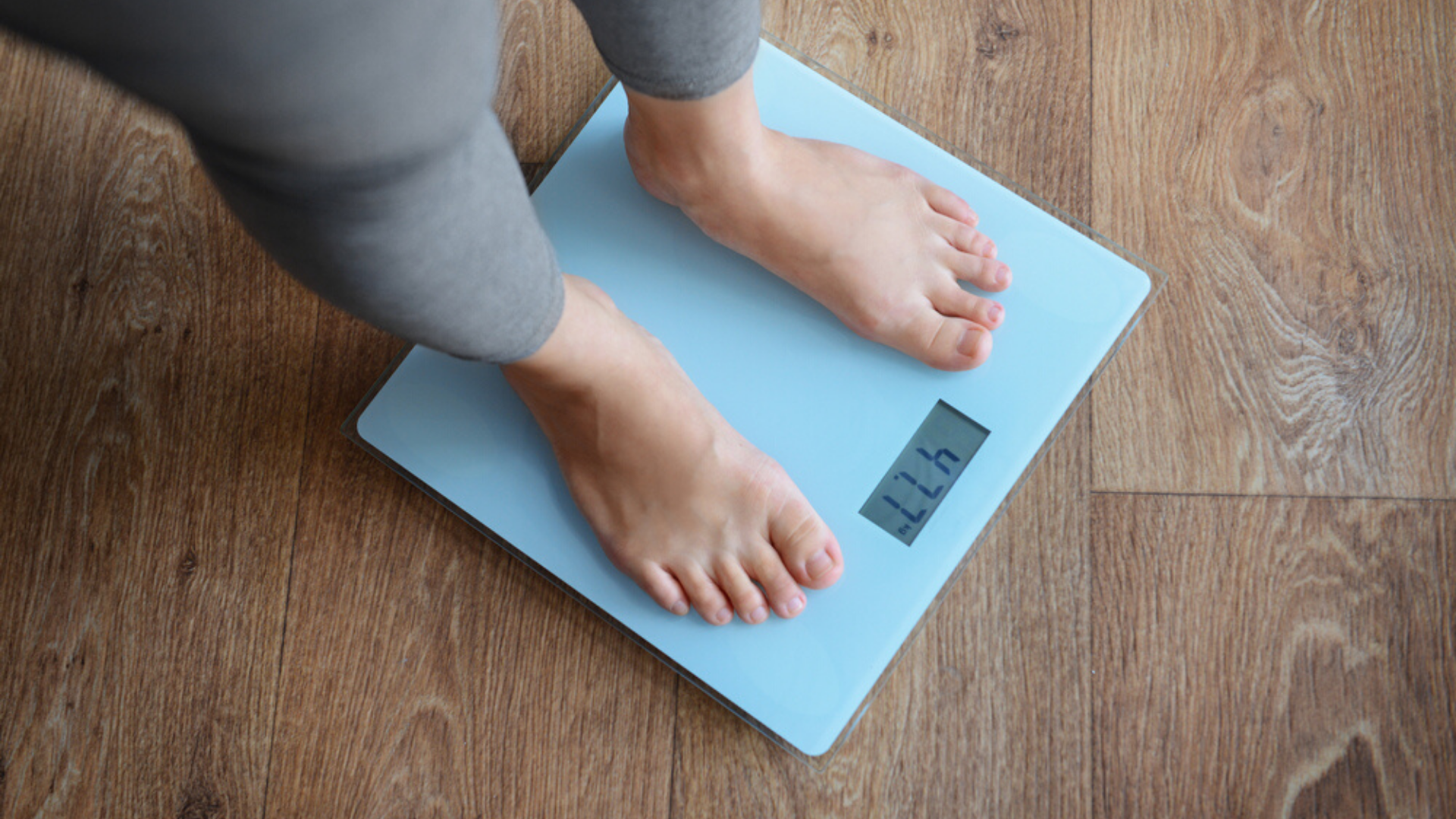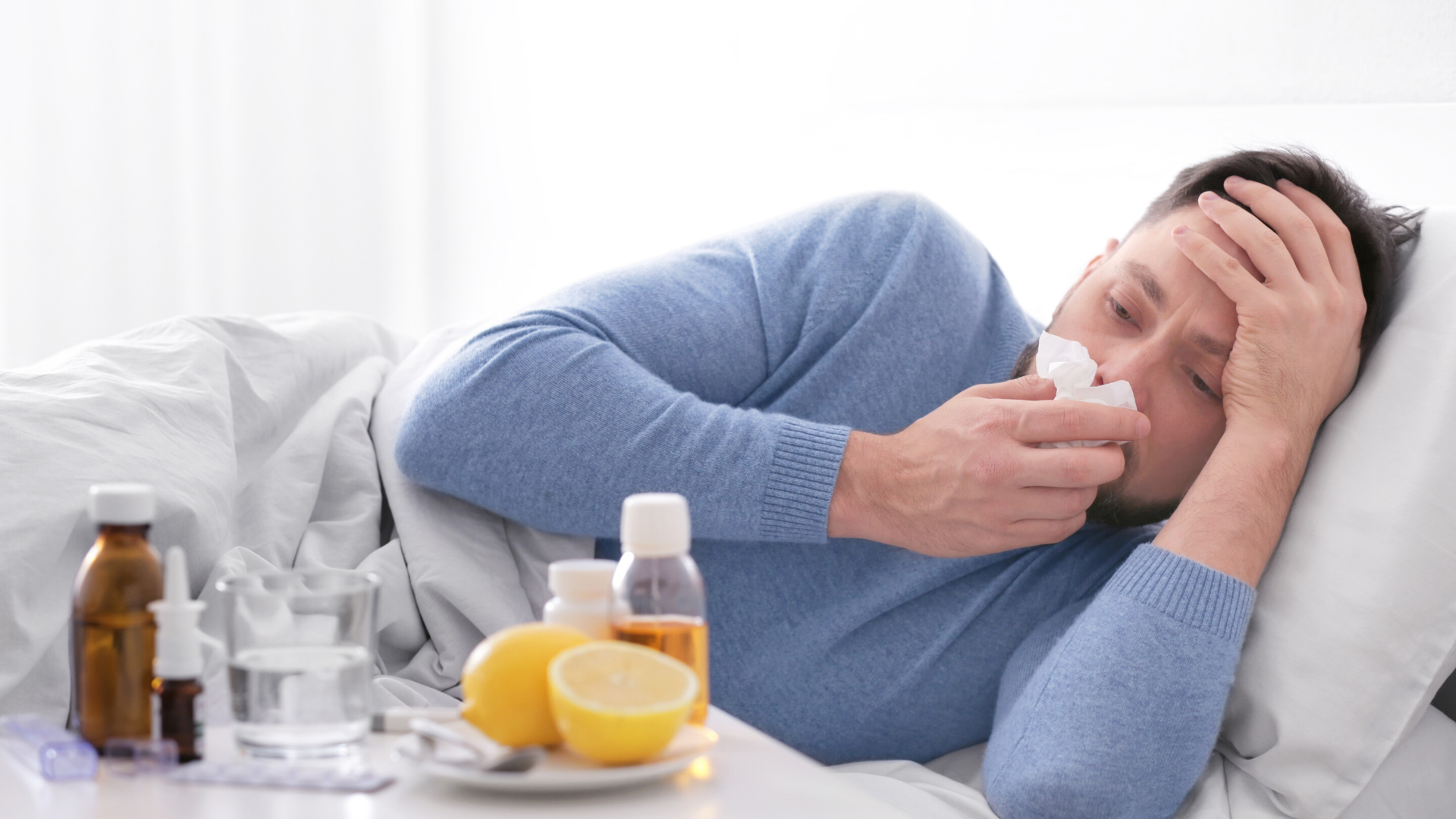
Now that we’ve pushed through Challenge 26 and are heading into the Maintenance Phase, quality sleep is absolutely crucial to sustain training adaptations! Why? The intra-cellular adaptations that promote changes in body composition, such as muscle development, take place at night while sleeping.
How does sleep affect the immune system?
The CDC recommends that adults get at least 7 hours of sleep each night [1]. Sleep helps the body redistribute energy resources, particularly to the immune system. Poor sleep on a regular basis can lead to a build up of inflammation within the body. When we sleep, our immune system releases proteins called cytokines, which target infection and inflammation to promote quality sleep. These cytokines are essential when we’re under a lot of stress or experiencing inflammation in the body. However, when we are sleep deprived, the production of these cytokines is decreased. Additionally, infection-fighting antibodies and cells are reduced during periods when we don’t get enough sleep. When we get quality sleep for a minimum of 7 hours each night, we enhance the ability of these T cells to adhere and destroy cells that may be infected by a pathogen (bacteria, virus).

How does sleep affect metabolism?
Sleep deprivation can also impact our metabolism by increasing stress hormones, such as adrenaline and cortisol, which increase alertness. When these hormones are chronically elevated, it can be difficult for us to achieve a restful sleep, which is essential for metabolism to function effectively. Cortisol plays an important role in maintaining stable blood sugar (glucose) levels. Sleep deprivation causes our metabolism to slow down as a conservation mechanism (to conserve resources/food), and can also induce cravings for more sugar and highly processed foods. When we do not get enough sleep on a daily basis, our appetite-suppressing hormone, leptin—typically released in the evening—is lowered. Additionally, our hunger-stimulating hormone, ghrelin—normally only released in small amounts at night—is increased. This ends up making us feel more hungry in the evening and can lead to late night cravings for unhealthy foods. Quality sleep ensures we optimize the right balance of hormones to keep blood sugars stable and minimize cravings.
How does sleep affect recovery?
Sleep gives your body time to recover, repair, and build muscle that was worked throughout the training phases. Without adequate sleep each night, it can be difficult for our body to achieve deep sleep, also known as non-REM sleep. This kind of sleep is essential for muscle recovery. Research has demonstrated that during non-REM sleep, growth hormone (HGH) is released. Growth hormone stimulates tissue growth, muscle repair, bone building, fat burning, and is essential for training adaptations. Studies that have looked at sleep deprivation in athletes have found that performance declines without adequate sleep each night. Specifically, this includes: slower muscle recovery, reduction in growth hormone secretion, and higher feelings of exertion during exercise.

Sleep is a crucial part of training, and lack of it can lower immunity, slow recovery, increase susceptibility to infections, negatively impact blood sugar balance, and heighten cravings for sugar. During the Maintenance Phase, we recommend making sleep a priority. Here’s some tips on how to improve sleep quality:
- Magnesium supplementation: Magnesium is a mineral that is known to enhance sleep. It’s found in spinach, nuts, and white fish. Check with your physician or dietician to see if this could help sleep quality.
-
- Cut back on caffeine: Caffeine is a central nervous system stimulant that interferes with our body’s natural circadian rhythm and overall sleep quality. Aim to cut out caffeine at least 6 hours before sleeping.
- Nutritious diet: A healthy diet with healthy fats, lean proteins, complex carbs and little to no processed foods and refined sugar will help our body fight inflammation and promote more quality sleep.
- Avoid exposure to bright lights: Avoid LCD or blue light from TV or laptops at least 1 hour before bed.
- Manage stress: Breathing or meditation techniques, yoga.

Refer to the article The Immune System: Antiviral Nutrients for some tips on how to boost your immune system. Please note that this article is not a substitute for medical advice and/or the advice of a licensed physician.











